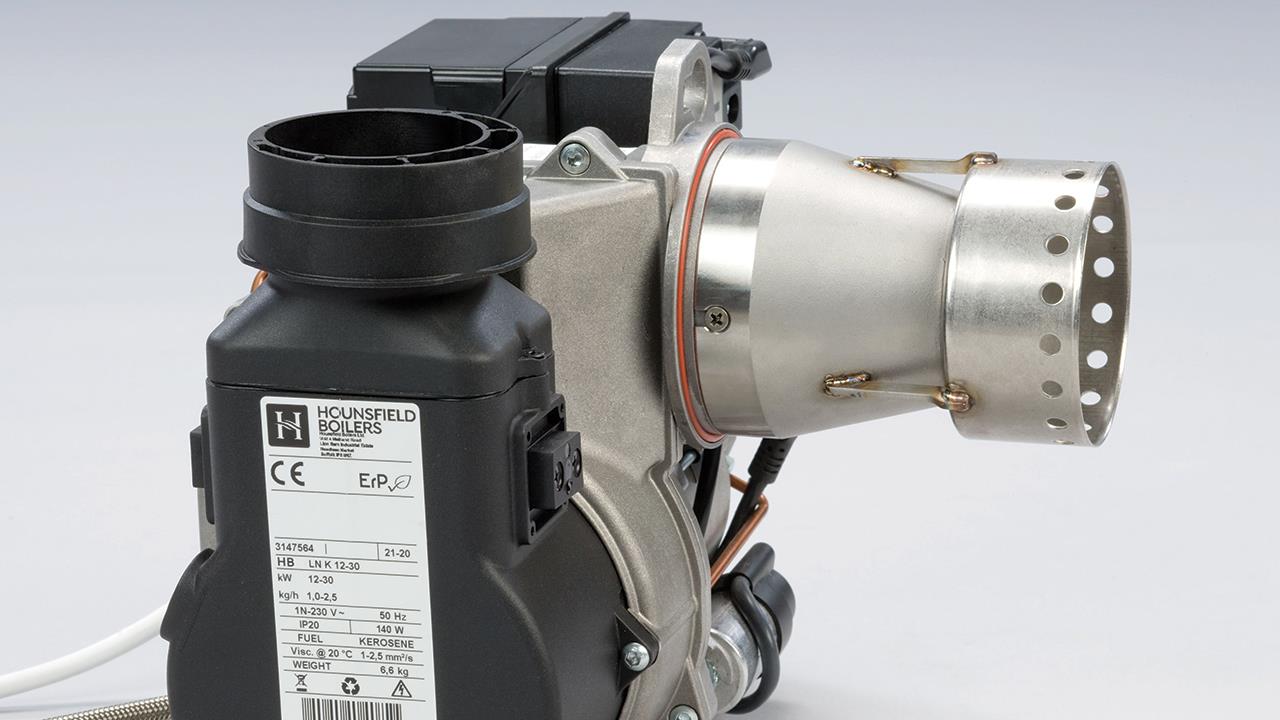

There’s a crisis in domestic heating; something you’d only be unaware of if you’ve had your head stuck in sand for the last few months!
Energy prices are skyrocketing now that the regulator has adjusted the price cap, and the war in Ukraine is further pushing up the cost of crude oil. Add to this the push from government to decarbonise homes and phase out fossil fuels, and we’re in the eye of a perfect storm.
With the UK recently announcing that it will be reducing the amount of crude oil coming in from Russia, on top existing pressures on oil supply, there is a growing need for a replacement for kerosene, and fast, otherwise homeowners with oil boilers will be facing a very real crisis.
Hydrotreated vegetable oil (HVO) quite simply is the perfect solution. Derived from renewable sources, it’s a proven heat source around the world, but the UK government is dragging its heels in approving it for domestic use. OFTEC has been trialling HVO in UK homes and the results all show that HVO works; it reduces emissions. So, why is the government still sitting on its hands?
Apart from letting down the oil heating industry, they are also heaping hardship upon oil-heated homes, just over 1.4 million of them, by keeping them reliant on the price of crude oil. However, I think there is another consequence from this lack of action in approving HVO that is being overlooked.
As an oil boiler manufacturer, I’m absolutely convinced that HVO is the perfect fuel to replace kerosene, but I’m shocked that so many oil installers that I talk with are not aware of HVO, even with all the coverage it receives in the trade press.
Why is this? I think it’s because installers are simply not engaging with something not yet approved for use. If there are installers unaware of HVO, then how can we expect homeowners to know about it? Unless the government approves HVO quickly, we will risk losing all of the fantastic opportunities HVO can bring.
Furthermore, there’s a large number of oil-only installers out there who may be seeing no future for oil boilers and decide to leave the industry. So, we risk losing all that experience that will be needed to get HVO up and running when the government finally approves it.
One oil installer who knows all about HVO is Ricky Dudderidge of Suffolk-based Elanar Technical Services. Dudderidge been enthusiastically promoting HVO to his oil boiler clients for over a year now, and he has been taken aback by the interest shown.
He explains: “Talking with my oil customers, it’s clear that over 80% of them would switch to HVO overnight, as a way to cut emissions, cut energy bills, and to keep their existing boiler system”.
He shares my frustration with the government’s lack of approval for HVO, and I’m guessing that there are many others out there who share this feeling.
I’ve been producing HVO-ready oil boilers for well over a year now, as the technology of HVO and what it can achieve excites me, namely keeping people warm in an affordable and sustainable way that also reduces their carbon footprint. I’ve seen the evidence from the UK HVO trials and I know it lives up to all of my expectations.
HVO fuel is one of the word’s purest fuels. It’s a paraffinic synthetic renewable diesel produced from 100% renewable feedstocks. It adheres to EN 15940 specifications, and reduces greenhouse gas emissions by as much as 90%, NOx emissions by as much as 27%, and PM emissions by as much as 84%; all key components in achieving improved air quality.
Given these factors, I really hope the government is reviewing the amount of tax duty added to HVO. At the moment HVO falls into the diesel classification, because of the way it is distilled, at a rate of 57.95 pence per litre. This goes back to the 1979 Hydrocarbon Oil Duties Act, when there was no alternative to fossil fuels. This method of calculating duty is clearly no longer fit for purpose and will do little to promote ‘green’ alternatives to fossil fuels. A rethink on duty is needed.
We simply must not lose this opportunity for HVO to replace kerosene. To the government my message is clear; if not now, when? Energy prices are increasing (although the price of HVO has been stable), we need to decarbonise (HVO is green energy), and we need to reduce our reliance on foreign fuel.
The government must accept that heat pumps are not the solution for every existing home, either practically or financially, and approve HVO for domestic use. They have all the evidence they need from OFTEC – what more do they need?
If you'd like to keep up-to-date with the latest developments in the heating and plumbing industry, why not subscribe to our weekly newsletters? Just click the button below and you can ensure all the latest industry news and new product information lands in your inbox every week.